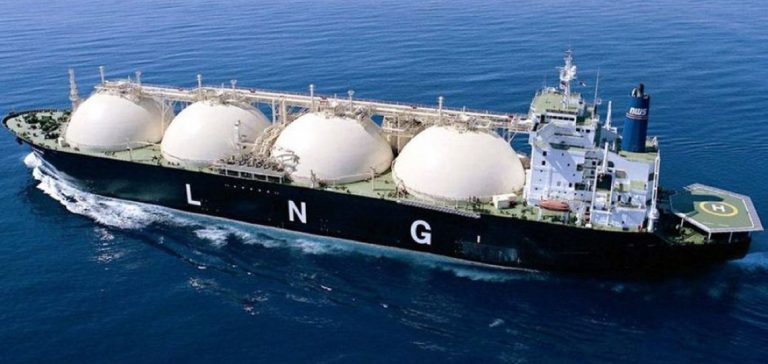The global gas balance remains “fragile” in 2024, according to the International Energy Agency (IEA). Limited growth in liquefied natural gas (LNG) production keeps supply tight amid rising global demand.
Preliminary data from the IEA indicates that gas consumption increased by 2.8% year-on-year in the first three quarters of 2024, significantly above the 2% average growth rate from 2010 to 2020. This increase is primarily driven by the rapidly growing markets in the Asia-Pacific region.
Rising Demand
Global gas demand is expected to reach a record high of 4,200 billion cubic meters (Bcm) in 2024, with growth exceeding 2.5%. The Asia-Pacific region is projected to absorb nearly 45% of this increase, supported by continued economic expansion in dynamic Asian markets.
Industry and energy use are emerging as the primary drivers of this growth, contributing more than half of the demand increase. In Europe, industrial gas demand shows signs of recovery, although it remains below pre-crisis levels.
Supply Outlook
Despite growing demand, the IEA highlights that gas supply remains fundamentally tight, with limited LNG production growth. In the first nine months of 2024, global LNG production increased by only 2% year-on-year, well below its 8% average annual growth rate between 2016 and 2020.
Project delays and gas supply issues at certain legacy producers, including Angola, Egypt, and Trinidad and Tobago, have hindered LNG production growth. However, the expected start-ups of the Plaquemines LNG export terminal in the United States and Tortue FLNG off the coast of West Africa are anticipated to improve LNG supply availability in Q4.
Impact of Geopolitical Tensions
Geopolitical tensions continue to cause gas price volatility in Europe and Asia. Markets remain sensitive to unexpected supply or demand-side movements, such as the Ukrainian incursion into Russia in early August, which has exacerbated market uncertainties.
Gas prices in Europe and Asia have fluctuated throughout the year, reflecting concerns about supply stability. For example, the benchmark Dutch TTF price ranged from a low of €22.95/MWh in February to a recent peak of €55.23/MWh in October 2023.
Uncertain Ukrainian Transit
The IEA highlights the uncertainty surrounding Russian gas transit via Ukraine, a key factor ahead of the 2024/25 winter. Transit and interconnection agreements between Russia and Ukraine expire at the end of 2024, which could halt piped gas deliveries to Europe starting January 2025.
The end of transit would force Europe to rely more on its reserves and alternative supplies, primarily LNG, thereby increasing the need to refill storage during the following summer. This situation could intensify competition with Asian buyers for flexible LNG cargoes, leading to tighter market fundamentals.





















